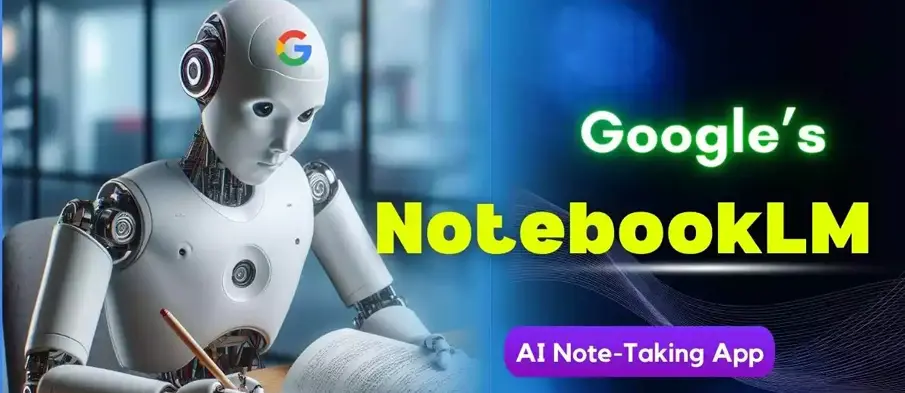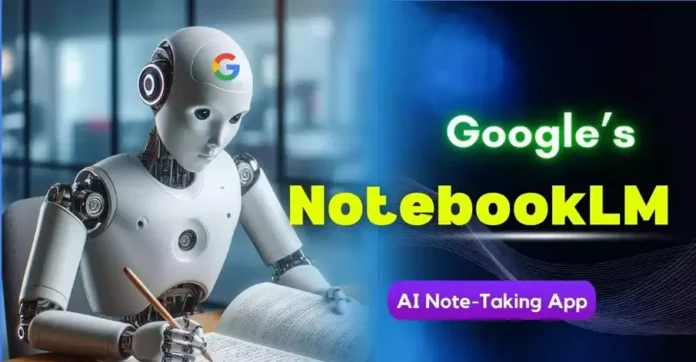
Google is expanding access to more than 30 AI-powered tools, including its educational assistant NotebookLM, for students under 18 via Google Classroom. As part of this rollout, educators with Google Workspace accounts will now see a dedicated Gemini tab, enabling them to streamline tasks like lesson planning, math problem creation, and email drafting. The Gemini app, integrated across Google Workspace for Education, is now available to both teachers and students, aiming to support learning with real-time feedback and AI-enhanced productivity.
The initiative includes LearnLM, a suite of AI models developed specifically for educational use. These models were shaped with input from education experts and are designed to help students brainstorm ideas, test their understanding, and generate practice materials. “Gemini is designed to foster creativity and responsible AI use,” Google emphasized, reinforcing its focus on enhancing learning experiences without replacing essential thinking skills.
To ensure safe and age-appropriate AI interaction, Gemini enforces stricter content guidelines for users under 18. It features built-in AI literacy tools, created in partnership with safety organizations like ConnectSafely and the Family Online Safety Institute. When students access Gemini for the first time, they are guided through onboarding content on how to use AI responsibly.
One notable feature is Gemini’s fact-checking tool, which uses Google Search to verify answers to factual questions. This tool is triggered automatically when a student asks a factual query and can be reactivated manually, helping reduce misinformation risks.
Privacy and security are a key focus in this rollout. Google has confirmed that student data will not be used to train AI models or reviewed by humans. Gemini follows strict data protection and privacy standards, complying with major regulations including FERPA, COPPA, HIPAA, and FedRAMP. The app adheres to the same privacy protocols as other Google Workspace for Education services.
While the AI tools promise to enhance efficiency in classrooms, concerns remain. Educators and parents continue to debate the potential over-reliance on AI, questioning how it might influence student engagement, learning depth, and assessment practices. The conversation around AI in education is ongoing, with advocates pointing to increased access and personalization, while skeptics caution about its long-term impact on critical thinking.





